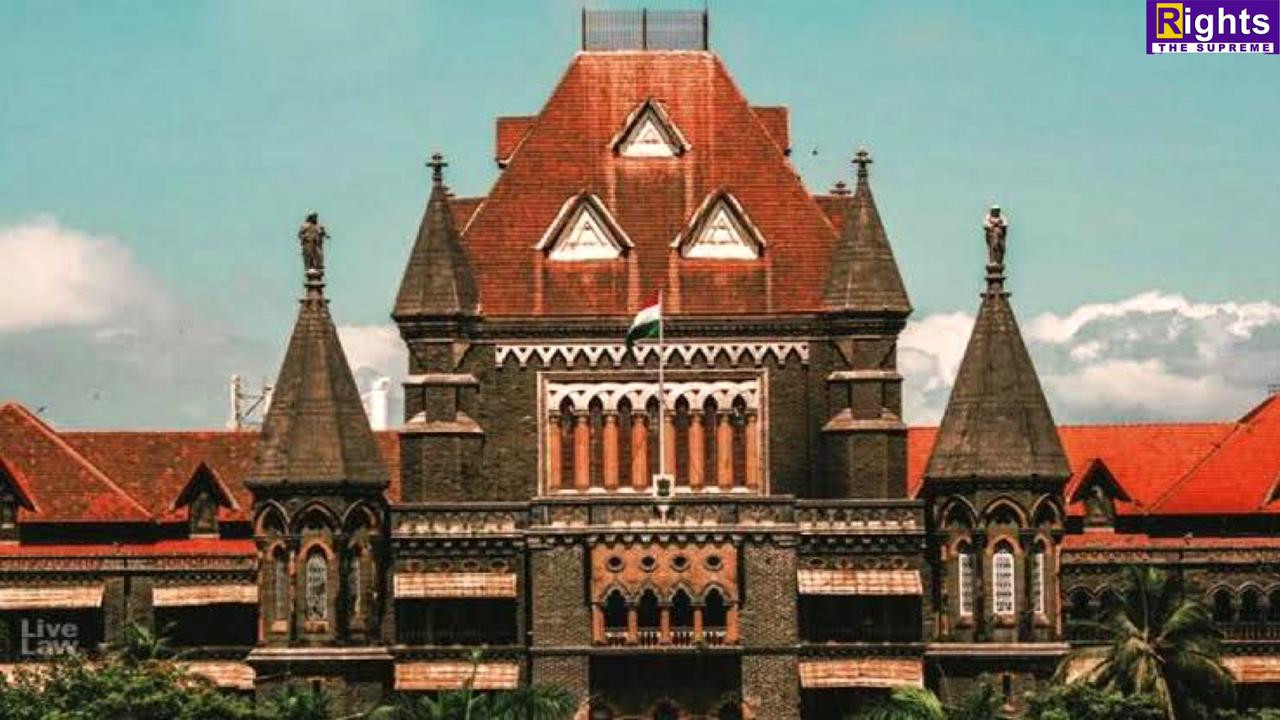Last week, the Bombay High Court ruled in the case of a man who had been found guilty under the Protection of Children from Sexual Offences Act (POCSO Act) that the mere lack of wisdom teeth was insufficient to establish the victim’s age. The prosecution was unable to show beyond a reasonable doubt that the complainant was a minor at the time of the incident, according to Justice Anuja Prabhudessai.
When convicting the appellant on December 18, 2019, the special court in Raigad district had relied on the dentist’s testimony, who had examined the victim both clinically and radiographically to determine her age. The court observed that the dentist had acknowledged during his cross-examination that wisdom teeth can erupt at any moment after the age of 18. The second molar emerges between 12 and 14 years of age, whereas the third molar (wisdom) erupts between 17 and 25 years, according to Justice Prabhudesai’s citation of Modi’s medical jurisprudence.
“It is, therefore clear that all permanent teeth except wisdom teeth erupt by the time the average boy or girl reaches puberty, while wisdom teeth erupt between the ages of 17 and 25. more than may indicate that the person is 17 years of age or older but absence or absence of wisdom teeth does not conclusively prove that the person is under 18 years of age. Therefore, the mere fact that Wisdom teeth not erupted, not very important in estimating age.”
The prosecution additionally relied on the complainant’s school leaving certificate, which listed her date of birth as December 19, 2000, and the results of an Ossification test to establish that she was a minor at the time of the incident. The complainant’s date of birth was listed in the school register, according to the court, based on the School Leaving Certificate that was issued by a previous school. The person who recorded her birthdate in the school register was not questioned by the prosecution.
The court also noticed that the complainant’s older siblings concealed her birthdate. According to the Ossification test data, the victim was under the age of 18. The court stated that this report was not permitted under section 294 of the CrPC. Instead, the prosecution produced it through the Medical Superintendent of the hospital , who himself did not create the report.
The court stated that there is a margin of error of two years on the other side for ossification tests and other medical tests. The complaint was between 15 and 17 years old, according to the dentist. The complainant would be 18 years old and would not be a minor under section 2(b) of the POCSO Act if the age margin of error was even one year, the court ruled.
The panel was hearing Meherban Hasan Babu Khan’s appeal of his rape conviction and other pertinent POCSO Act provisions. The complainant claimed that the guy had a sexual contact with her when she was a student in 10th grade under the pretext of marriage. It was said that after she told him about her pregnancy on March 25, 2016, he stopped receiving her calls and did not return to Mumbai.
According to a DNA testing, the complainant gave birth to a baby who is the appellant’s biological child. The victim stated that he promised that he would return back to Raigarh from his hometown in Uttar Pradesh so they could be married. However, he avoided her rather than getting married to her.
In his defence, the man maintained that they were in a relationship and that he had gone to his hometown in Uttar Pradesh to inform his mother about the marriage. When he found out she was pregnant, he promised to marry her when he got back, but he was unable to find her. He said he would like to marry her and raise the child. In 2019, the trial court found him guilty of violating sections 4 of the POCSO Act (penalty for penetrative sexual assault) and sections 376(2)(i) and 376(2)(j) of the IPC.
The court observed that the prosecution failed to present any evidence on the complainant’s physical development and secondary sexual characteristics. Therefore, the accused is given the benefit of the doubt about the complainant’s age, the court said. According to the court, the evidence suggests that the appellant and the complainant had a consensual physical relationship. The prosecution failed to establish that the complainant was a minor at the time of the incident, thus the court concluded that a consenting relationship would not be considered as rape.
Case Title: Maherban Hasan Babu Khan v. State of Maharashtra

